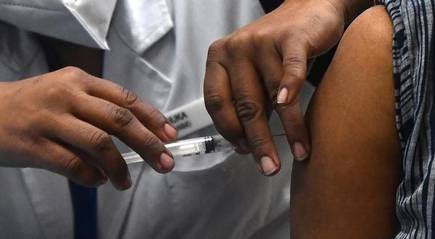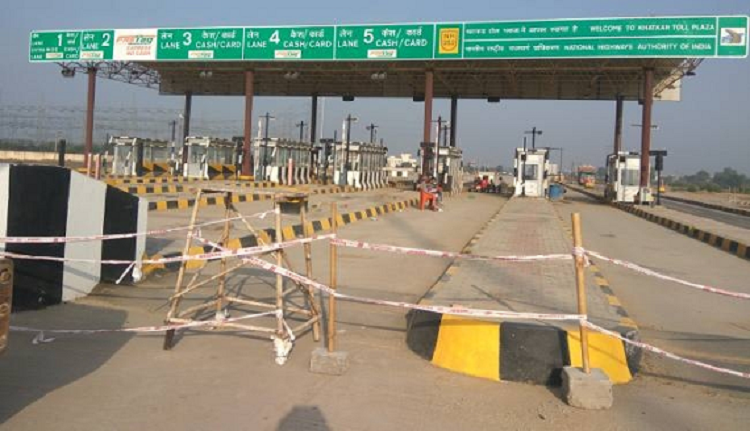
How legal is COVID-19 vaccine ?
The DCGI has approved Oxford-AstraZeneca's Covishield and indigenously developed Covaxin of Bharat Biotech for restricted emergency use in India, under Indian Drug law.
After months of effort, the COVID-19 vaccines are ready to administer. The distribution has begun and some countries have started inoculations.
India's drug regulator has granted restricted emergency use to Oxford-AstraZeneca's Covishield and the indigenously developed Covaxin of Bharat Biotech in the country.
But, what if the vaccine recipients experience severe side effects after getting a COVID-19 vaccine?
Adar Poonawalla, the chief executive of Serum Institute of India that is manufacturing Covishield, wants indemnity.
But, the Centre has said nothing on the matter. So legally speaking irrespective of the stance that the government takes on indemnification, vaccine recipients still have some existing recourse in case of an adverse effect following immunisation.
The compensation mechanisms may be different for recipients in India depending upon the vaccine they inoculate.
The Drugs Controller General of India (DCGI) has given different kinds of approvals to Covishield and Covaxin.
The DCGI has licensed the indigenous product developed by local firm Bharat Biotech for “emergency use in a clinical trial mode”. With this, the government has clarified that Covaxin’s use is an extension of phase III trials.
As the regulator has given its approval to Covaxin in clinical trial mode, the recipients of the jab will qualify as trial volunteers and will be eligible to receive compensation in case of a vaccine injury under New Drugs and Clinical Trial Rules, 2019.
This means the recipient would be eligible for compensation, which includes meeting medical costs (medical management) - as well as compensation for loss of livelihood (financial compensation).
In such a case, if the volunteers experience AEFI, it is up to an ethics committee to give its opinion on appropriate compensation.
The compensation regime for possible vaccine injuries caused by Covishield may be completely different, as the SII has received permission in Form CT-23 (permission for manufacture for sale and distribution) says nothing about clinical trials.
This suggests that those who get the SII vaccine will not be trial volunteers and therefore, do not have the protection of the New Drugs Rules, 2019, including care and compensation.
However, if the vaccine recipients of Covishield experience adverse side effects they may approach the court on the grounds that the drug was spurious, mislabelled, adulterated, or had manufacturing defects. The Drugs and Cosmetics Act addresses such an issue.
A recipient can also approach the court under the Law of Torts, which seek civil remedies, or the Consumer Protection Act if anything is wrong with the underlying formulation of the drug.
Dr Ajay Kummar Pandey
Advocate and Consultant
4C Supreme Law International
www.4csupremelawint.com
Your free access to Supreme Law News has expired
For further details contact:
Dr. Ajay Kummar Pandey
( LLM, MBA, (UK), PhD, AIMA, AFAI, PHD Chamber, ICTC, PCI, FCC, DFC, PPL, MNP, BNI, ICJ (UK), WP, (UK), MLE, Harvard Square, London, CT, Blair Singer Institute, (USA), Dip. in International Crime, Leiden University, the Netherlands )
Advocate & Consultant Supreme Court of India, High Courts & Tribunals.
Delhi, Mumbai & Dubai
Tel: M- 91- 9818320572. Email: editor.kumar@gmail.com
Website:
www.supremelawnews.com
www.ajaykr.com, www.4Csupremelawint.com
Facebook: /4Clawfirm, /legalajay Linkedin: /ajaykumarpandey1 Twitter: /editorkumar / YouTube: c/4cSupremeLaw Insta: /editor.kumarg
Telegram Channel
Whatsup Channel











